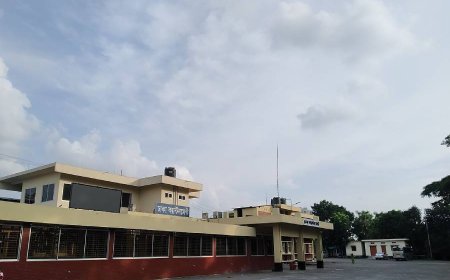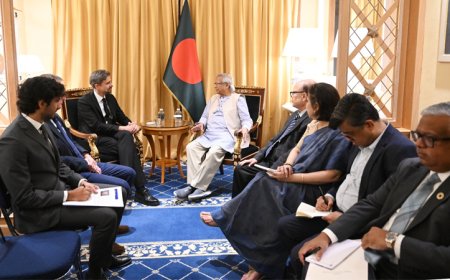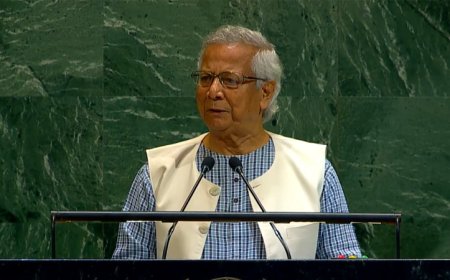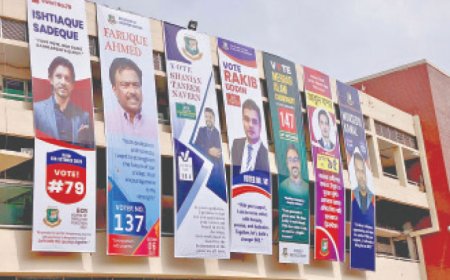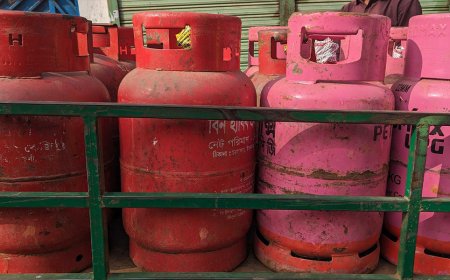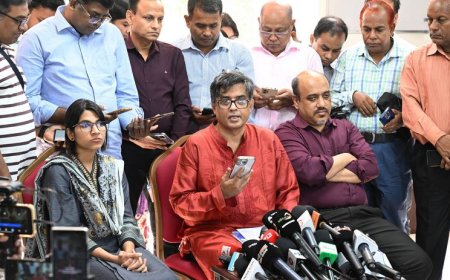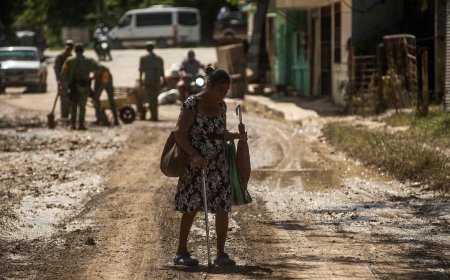Women Face Wage and Dignity Discrimination Despite Performing Equal Work
Women Face Wage and Dignity Discrimination Despite Performing Equal Work
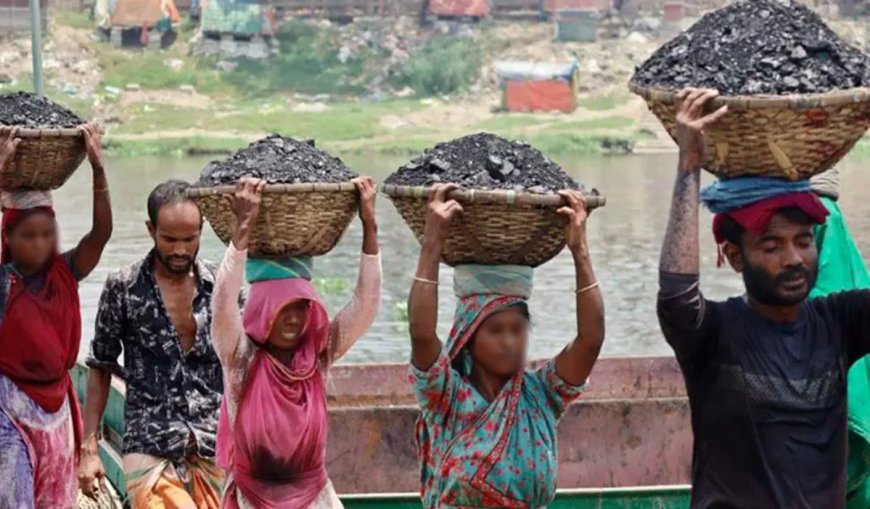
Women’s Participation in the Labour Force Has Increased Significantly in Recent Years. They Work the Same Hours as Men, Yet Their Wages Remain Lower, and Their Opportunities for Promotion Are Fewer. At Home, Despite Spending More Time on Household Responsibilities, This Labour Carries No Economic Recognition. Even in Agriculture, Where Women Contribute Heavily, They Often Receive No Pay. The Bangladesh Bureau of Statistics (BBS) Highlights These Realities in Its Labour Force Survey 2024.
According to the Survey, Bangladesh Now Has Around 121.8 Million Working-Age People, of Whom 71.7 Million Are Actively Engaged in the Labour Force. Women Account for Over 20 Million—Nearly One-Third of the Total. A Decade Ago, Their Share Was Only 27 Per Cent; Today It Stands at Almost 39 Per Cent. Yet Male Participation Remains at 80–85 Per Cent, Underscoring That Nearly Half of Capable Women Are Still Outside the Workforce.
Hidden Inequality in Income and Expenditure
Although Equal Pay for Equal Work Is Guaranteed by Law, Implementation Is Practically Absent. The Survey Shows Men Earn an Average of Tk16,000 per Month, While Women Earn Only Tk12,600—About One-Fifth Less. This Gap Persists Across Both Rural and Urban Areas. In Agriculture, Women’s Contributions Are Often Branded as “Supportive” and Excluded From Formal Income Records, While in Industry and Services They Continue to Earn Less for the Same Work.
Nasrin Fatema Auwal, President of the Women Entrepreneur Association of Bangladesh (WEAB), Told Media That While Women Are Entering Workplaces in Greater Numbers, They Face Discrimination at Senior Levels. She Emphasized the Need for Supportive Policies and a Gender-Sensitive Society to Enable More Women to Rise to Higher Positions.
Reality in the Garments Sector
The Ready-Made Garments Industry, Recognized as the Largest Source of Women’s Employment, Remains Plagued by Wage Inequality. Multiple Studies Show Women Earn 22–30 Per Cent Less Than Men for the Same Roles. Workers Like Rehana Akter in Savar, Employed at the Same Position for Six Years, Report Being Denied Promotions While Male Colleagues Advance. A US-Based Anchor Research Institute Survey Found the Gender Pay Gap in RMG Factories Could Reach 30 Per Cent, With Men Dominating Managerial Positions Despite Women Constituting the Majority of the Workforce.
Similar Disparities Are Seen in Manual Labour. At the Burimari and Sonahat Land Ports, Women Stone-Breakers Earn Tk400 a Day Compared to Men’s Tk500, Resulting in a Significant Monthly Gap. Highly Educated Women Are Not Exempt Either—Nearly 29 Per Cent of Female Graduates Are Unemployed, Compared With Only 12 Per Cent of Men.
The Invisible Burden of Care Work
Unpaid Care Labour Remains One of the Most Stark Forms of Inequality. Women Spend an Average of 6 Hours 40 Minutes Daily on Household Chores, Childcare, and Elder Care, Compared to Men’s 2 Hours 20 Minutes. A 2024 Survey on Unpaid Household and Care Work Suggests That If This Contribution Were Accounted For, It Would Represent Nearly a Quarter of the National GDP—Yet It Receives No Wages or Recognition.
Regional and Global Perspective
South Asian Countries Face Similar Challenges, Including Lower Female Participation, Higher Unemployment, and Informal-Sector Dominance. Bangladesh Has Made Progress but Still Lags in Effective Implementation.
Dr. Fahmida Khatun, Executive Director of the Centre for Policy Dialogue (CPD), Noted That Household Contributions Remain Invisible in Official GDP Figures, Masking Women’s True Role in the Economy. Recognizing This Contribution Could Help Policymakers Design More Realistic Budgets in Social Services, Health, Education, and Employment.
Sharmin S. Murshid, Adviser on Women and Children’s Affairs, Added: “The BBS Study Will Help Shape Gender-Responsive Policies, Planning, and Budgets. We Women Want Equal Respect From Families, Society, and Partners. It Will Not Come Easily, But Facts and Data Can Drive Change.”
What's Your Reaction?







